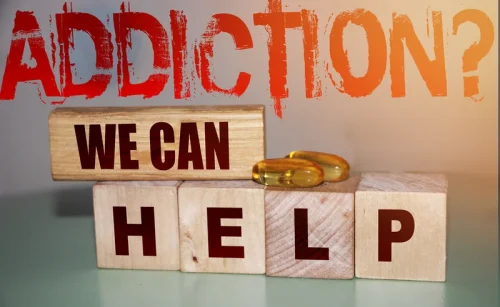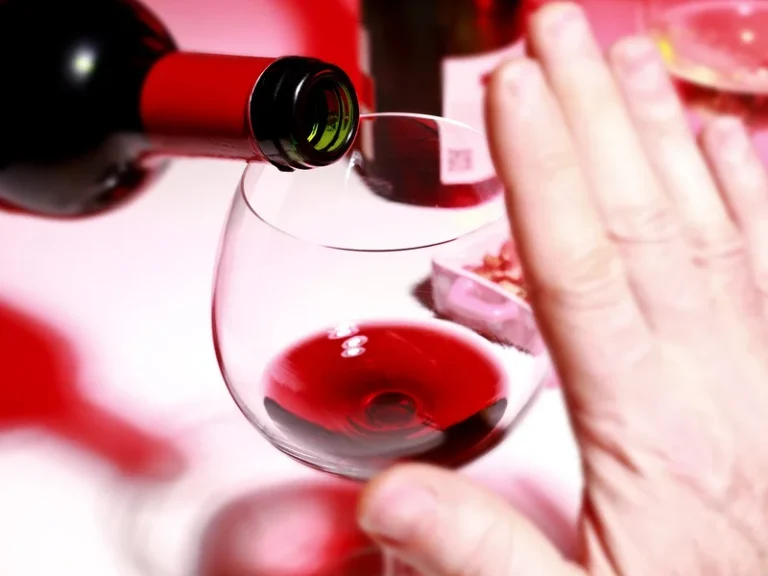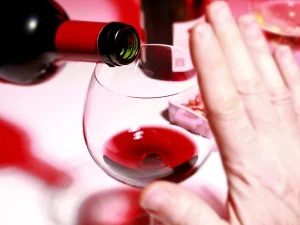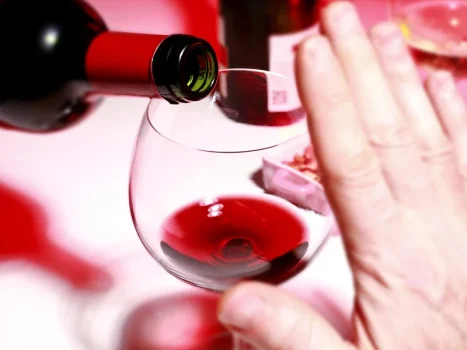
If you continue to drink, your body will come to rely on alcohol to maintain its chemical balance. As your body adapts to alcohol, it will change its natural chemical balance to include alcohol. Quitting will cause your body’s chemical balance to be thrown how do you wean off alcohol off suddenly, leading to withdrawal symptoms.
What Happens to Your Body When You Don’t Drink Alcohol for a Month?
Unfortunately, alcohol withdrawal symptoms can worsen quickly, and they can include agitation and hallucinations that make it more difficult to seek help. For this reason, it is best to seek medical advice on whether you should taper at home or under medical observation. When an individual has developed a substance use disorder or dependence on alcohol, stopping its use outright can seem virtually impossible. On top of this, quitting immediately — or “cold turkey” as many users and professionals call it — can be dangerous. Withdrawal symptoms are generally uncomfortable to deal with, but they can be fatal.
Self Care
Jeanette Hu, AMFT, based in California, is a former daily drinker, psychotherapist, and Sober Curiosity Guide. She supports individuals who long for a better relationship with alcohol, helping them learn to drink less without living less. NA options are also great for the times you habitually reach for a drink. If you like to have a beer while watching a football game, maybe try having some NA options chilled in the fridge or to move on to after you’ve had a couple of alcoholic ones. It’s not just how often you drink, it’s how much alcohol you’re consuming in a sitting.
Lesson 1: Lead Change With Compassionate Curiosity
Likewise https://ecosoberhouse.com/ if your average consumption is 6 standard drinks per day you can set a taper schedule of 4, 2, 0. If you’ve been drinking for a long time, tapering off can cause withdrawal symptoms. Getting professional help can mitigate harmful withdrawal symptoms and ensure success. Going “cold turkey” means abruptly stopping drinking entirely, leading to uncomfortable withdrawal effects.

Tapering Off Alcohol: Weaning Off Alcohol to Avoid Withdrawal Symptoms
Talk therapy is an important part of treatment for alcohol use disorder, but Dr. Streem says just about anyone who is making a life change, like quitting drinking, can benefit from therapy. Dr. Streem suggests starting with the World Health Organization’s Alcohol Use Disorders Identification Test (AUDIT). It can be a particularly helpful way to help you get a clearer understanding of your drinking habits and your relationship with alcohol.
Goals: Why do you want to reduce or quit alcohol?
Because alcohol withdrawal symptoms can sometimes be unpredictable and may escalate quickly, having an on-site medical team that can quickly intervene is the safest way to quit heavy drinking. When you quit drinking, you drug addiction should also seek medical advice about any alcohol withdrawal symptoms you experience. This includes early symptoms of alcohol withdrawal, such as mild tremors and anxiety. The reason for this is that alcohol withdrawal symptoms can quickly snowball and worsen. Mild anxiety, for example, can turn into overwhelming agitation or even hallucinations. When symptoms become that serious, it can be difficult to seek help.

Medically Reviewed by
- While going cold-turkey from alcohol might not work for everyone, for some, a short dry challenge might be a helpful way to disrupt your drinking habits and have a long-term impact.
- The experience of withdrawing from alcohol can be uncomfortable and difficult.
- With physical dependence, your body becomes used to the presence of alcohol in your system and begins to adapt accordingly.
- Weaning off alcohol can not only dramatically improve the quality of your life, but it can also actually save it.
In other words, behind our desire to drink are the perceptions we hold about alcohol. “I tell patients to think about it like a science experiment where we can learn about what works and what doesn’t,” says Collins. “If your goal from this week doesn’t work out, you can try something else next week that feels more doable.

Trying Non-Alcoholic Drinks
Licensed medical professionals review material we publish on our site. The material is not a substitute for qualified medical diagnoses, treatment, or advice. It should not be used to replace the suggestions of your personal physician or other health care professionals.

However, understanding how an alcohol taper works and what the process is like can help you prepare yourself and find the support you need. Give yourself personal rewards such as taking yourself to a special, non-alcoholic meal, buying yourself a meaningful item, hosting a sober celebration, or planning a day out. Make sure to share your successes with your loved ones and especially your sober support network. You should include strategies to both reduce drinking and prevent relapse.
